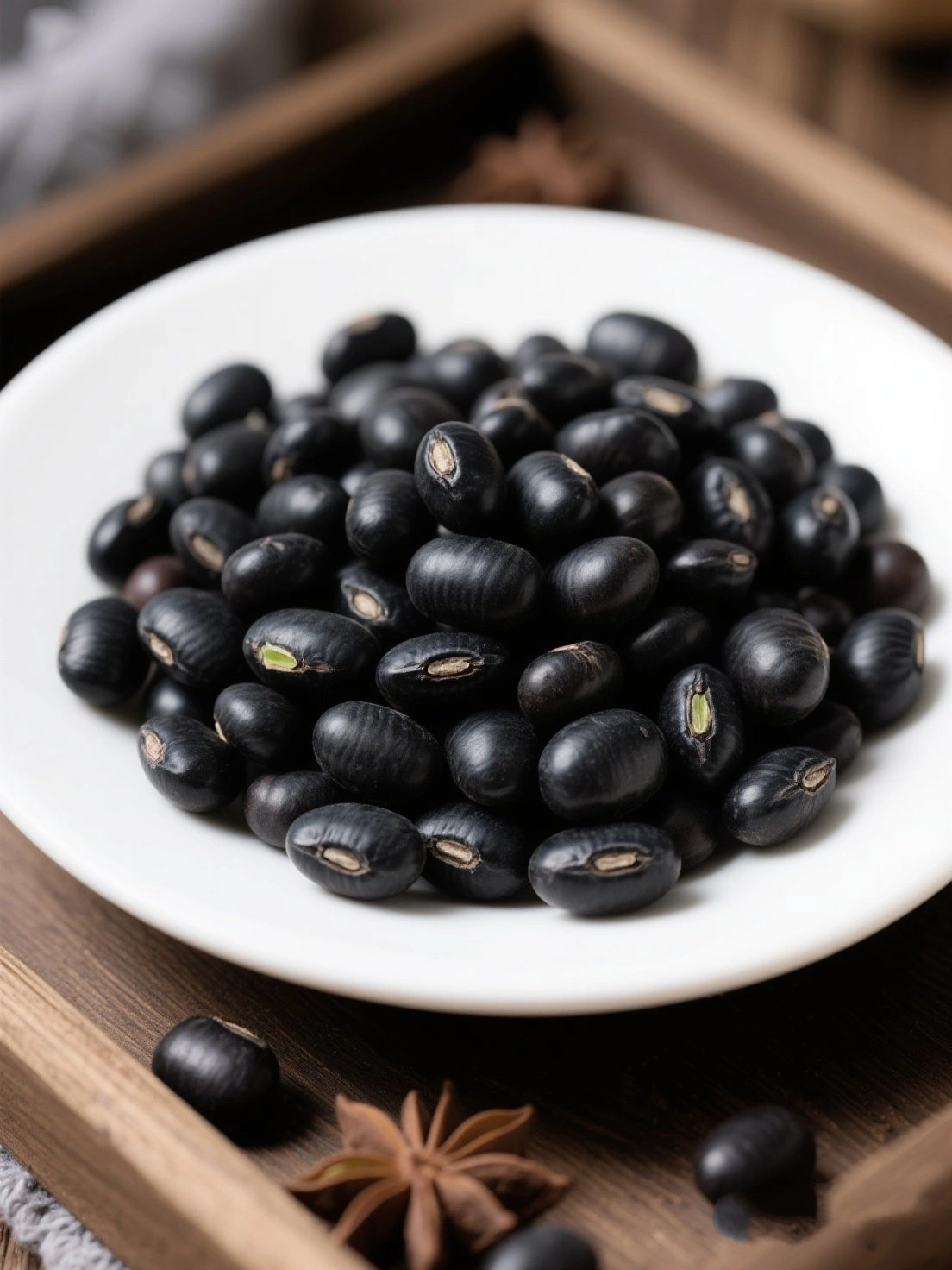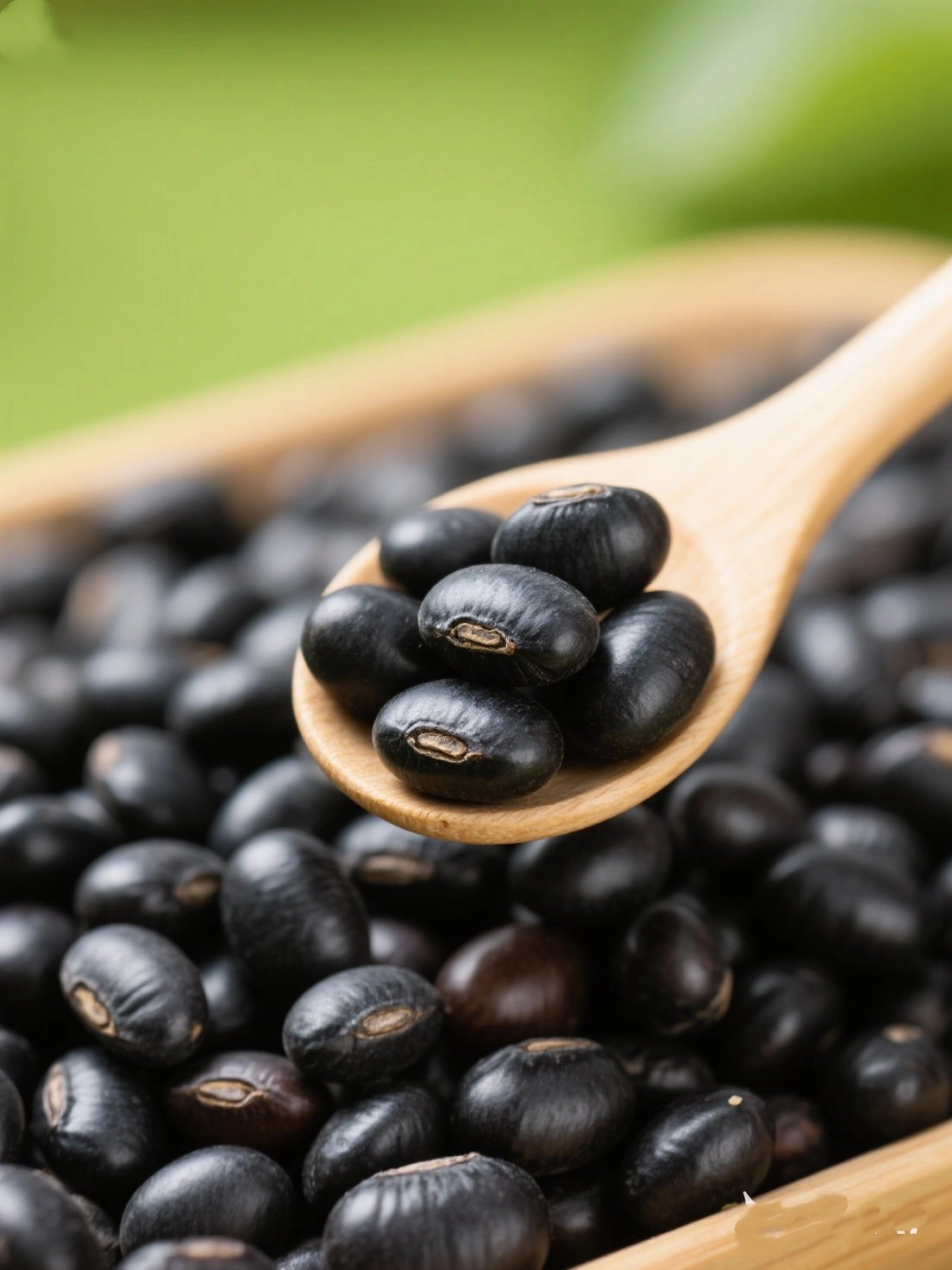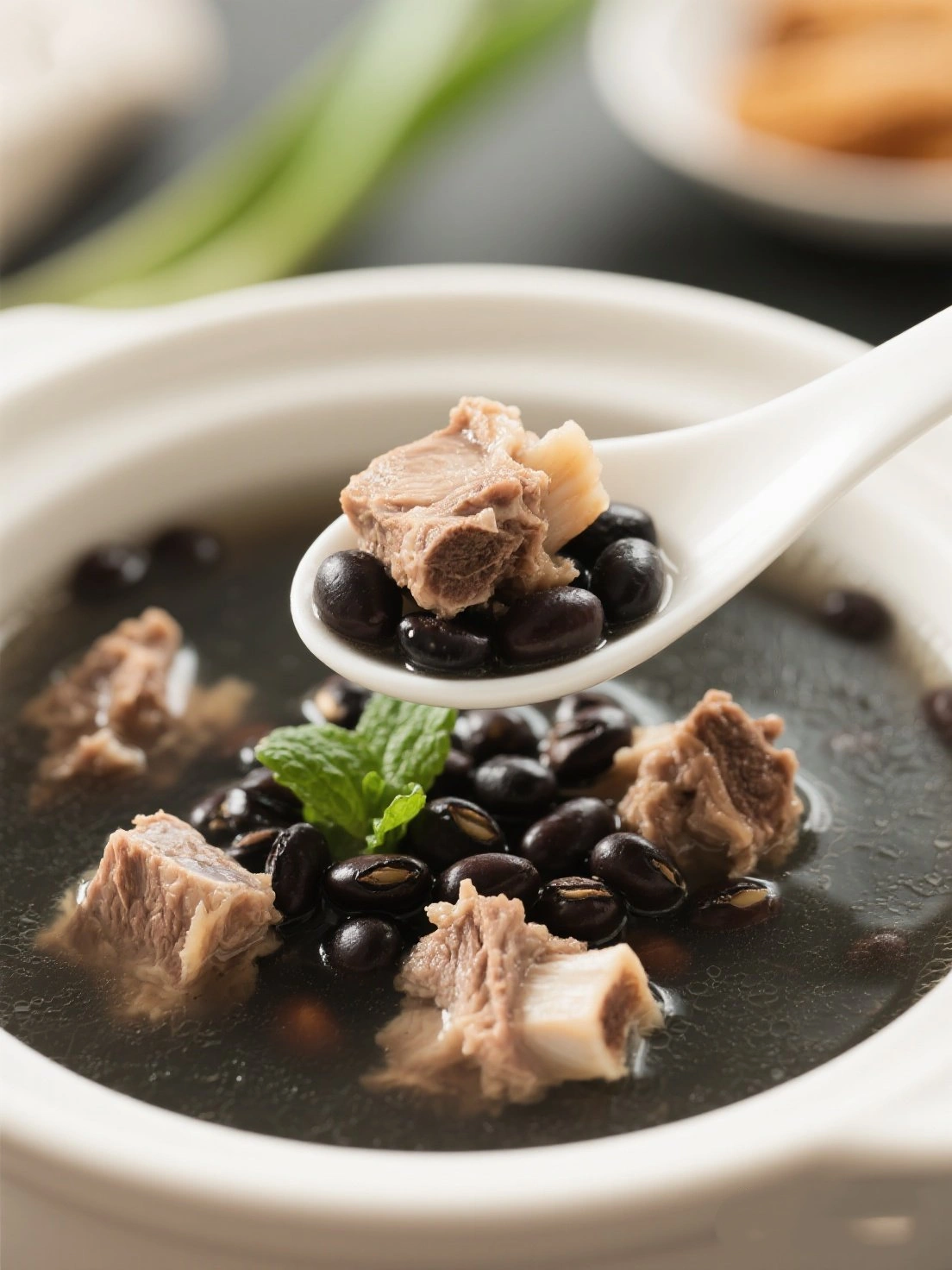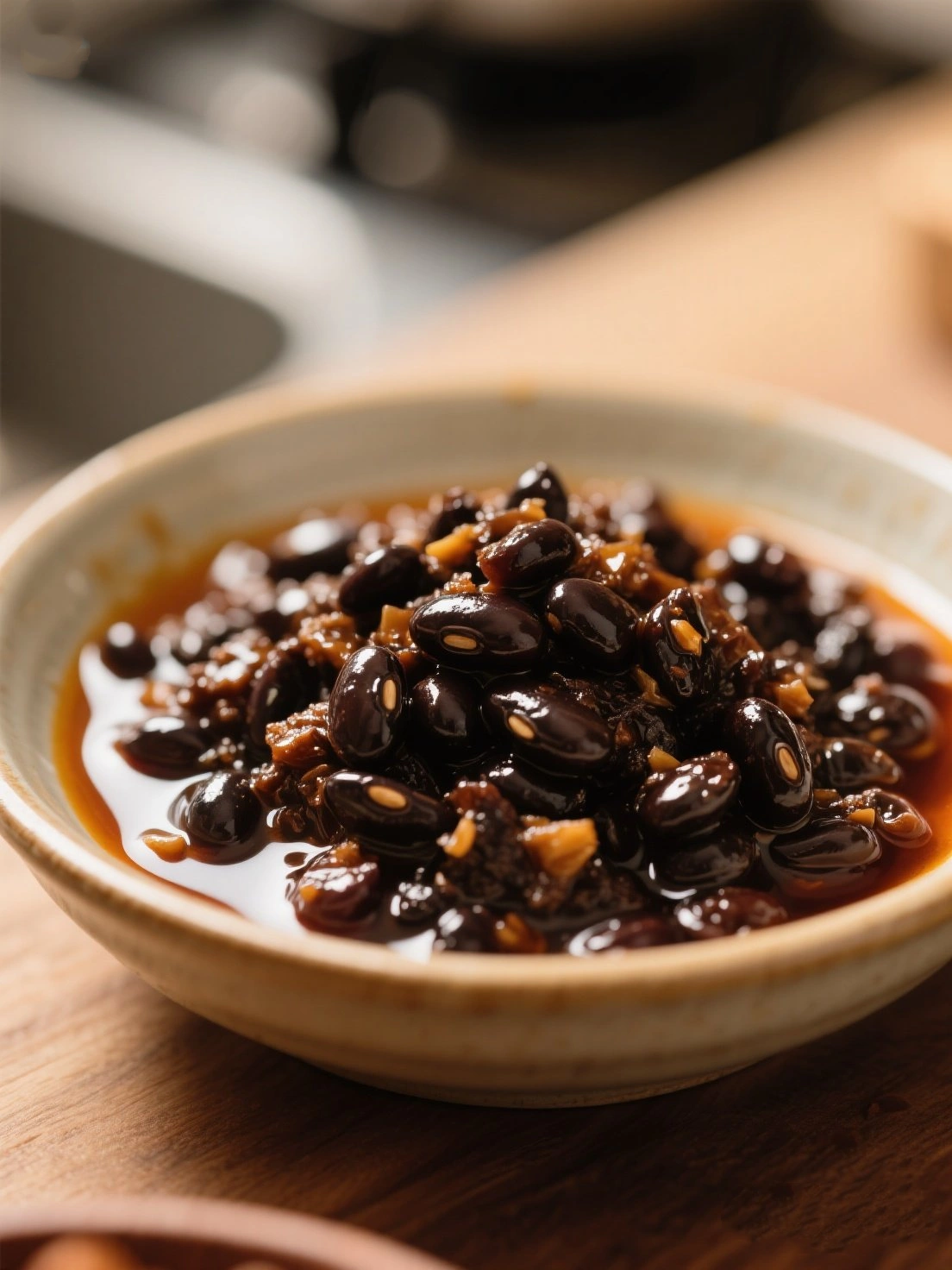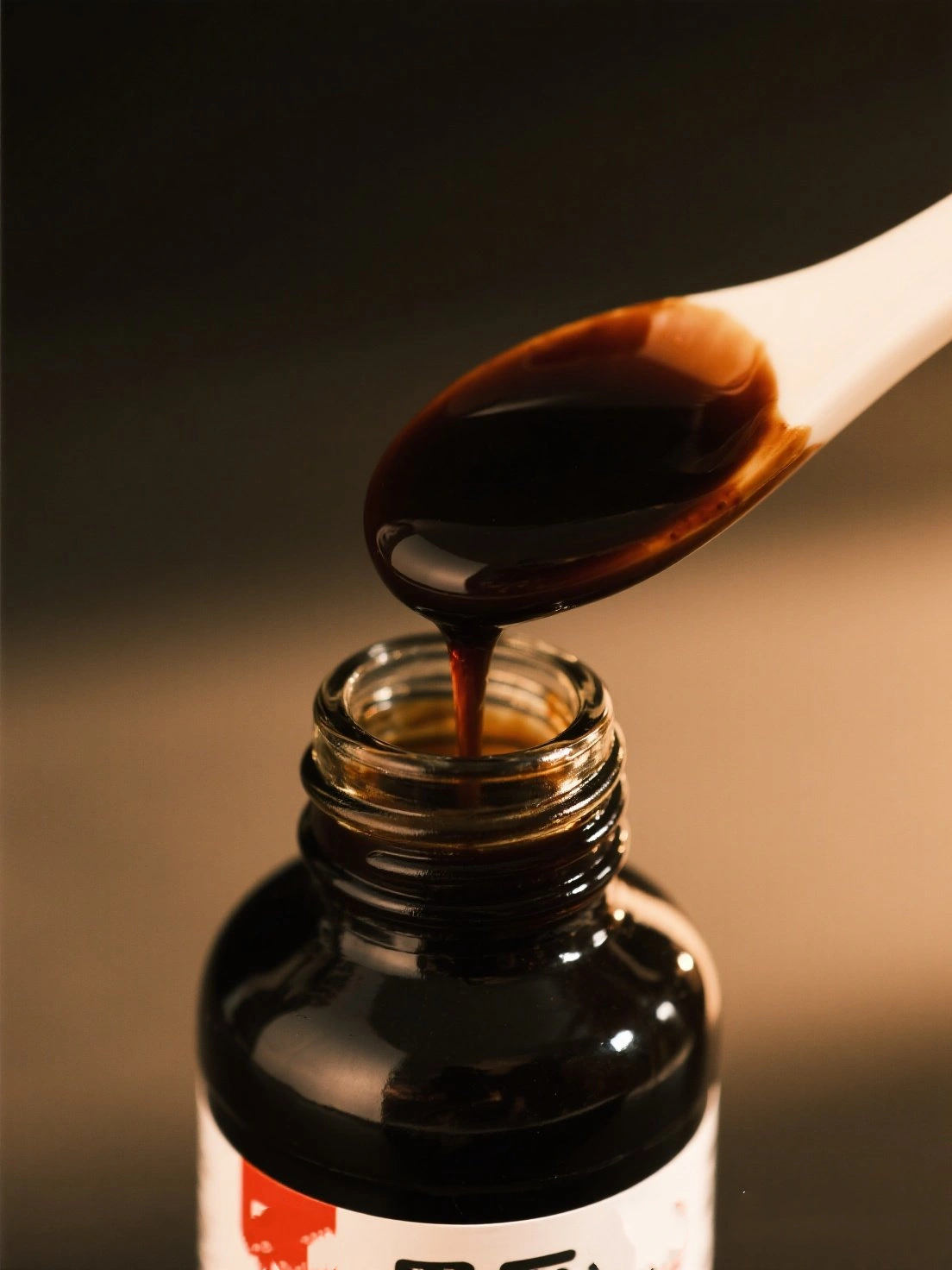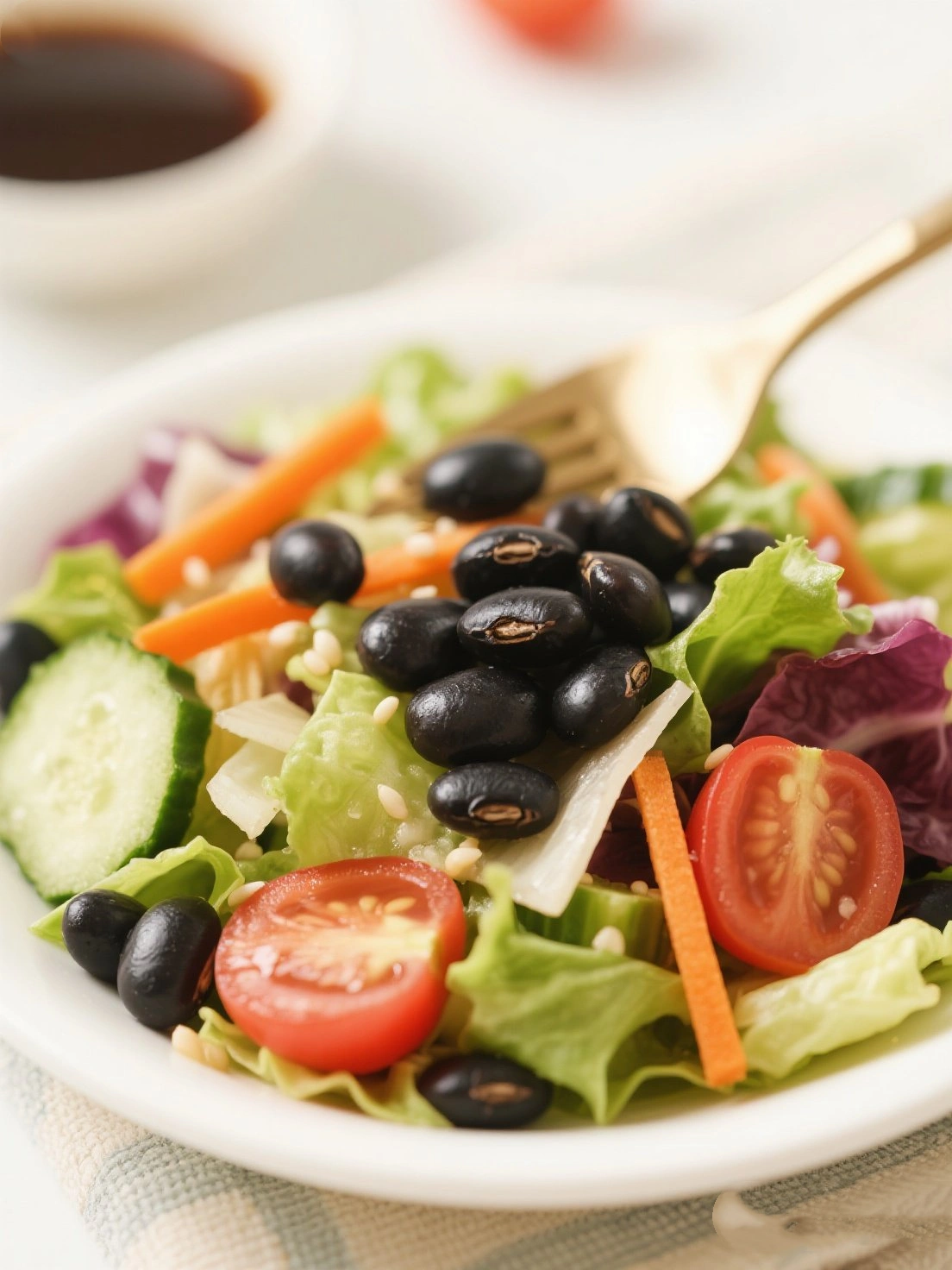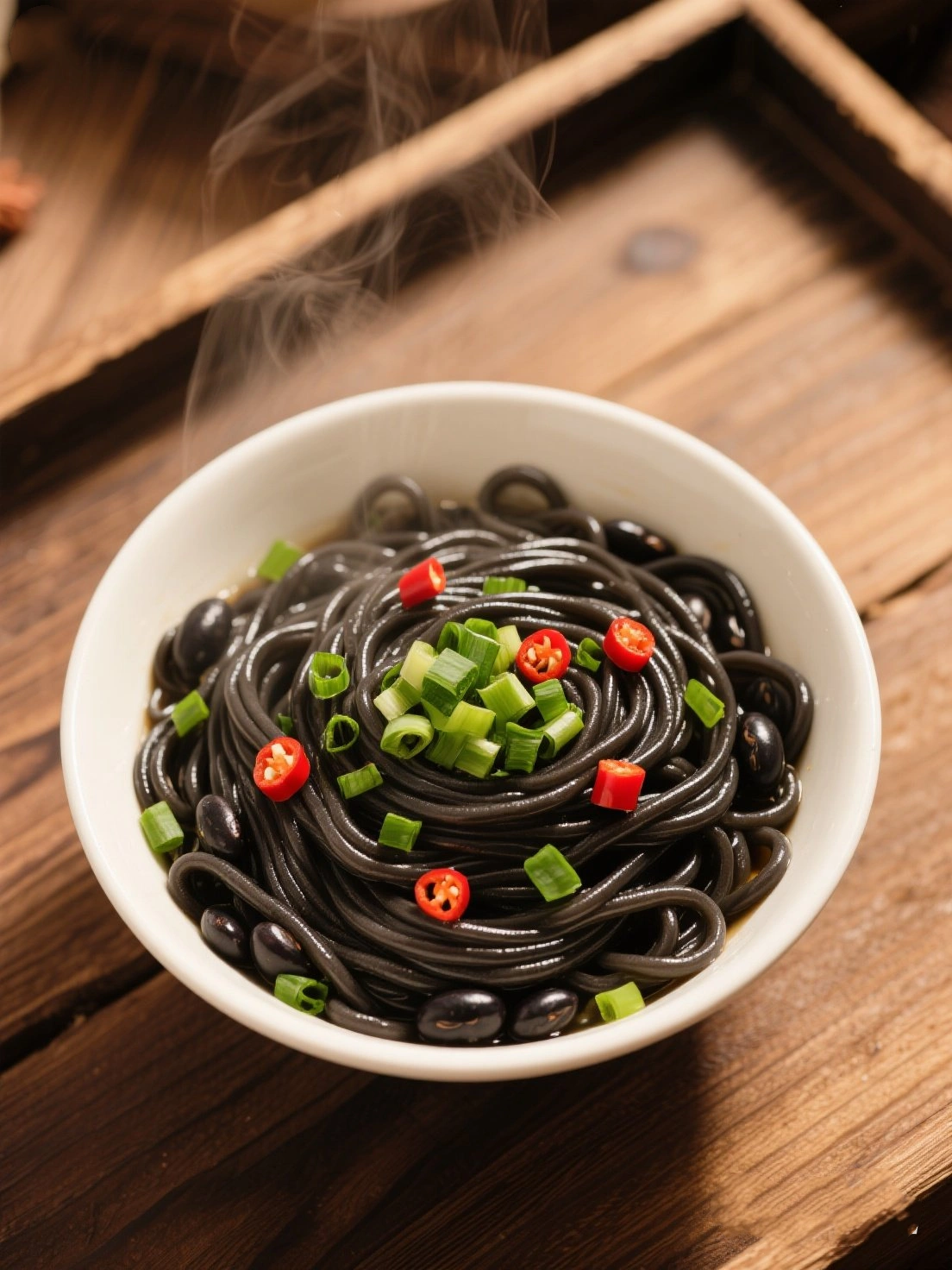Black beans (hei dou) have been cultivated in China for over 3,000 years and hold a special place in Traditional Chinese Medicine as a kidney-tonifying food. These small, jet-black legumes were first mentioned in the "Shennong Ben Cao Jing" as a superior herb for strengthening kidney qi and promoting longevity.
In Chinese culinary tradition, black beans are used both as a staple food and medicinal ingredient. The most prized varieties come from Heilongjiang province, where the cold climate produces beans with exceptional nutritional density. Unlike common soybeans, Chinese black beans have a distinctive sweet flavor and creamy texture when cooked, along with higher levels of antioxidants.
Black beans are also processed into fermented black beans (douchi), a pungent seasoning that has been used in Chinese cooking for centuries. This fermentation process enhances the beans' nutritional bioavailability and creates unique umami compounds that form the base of many classic dishes.
